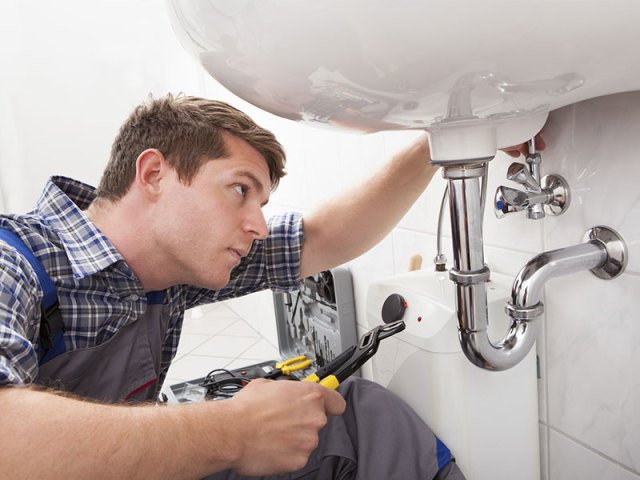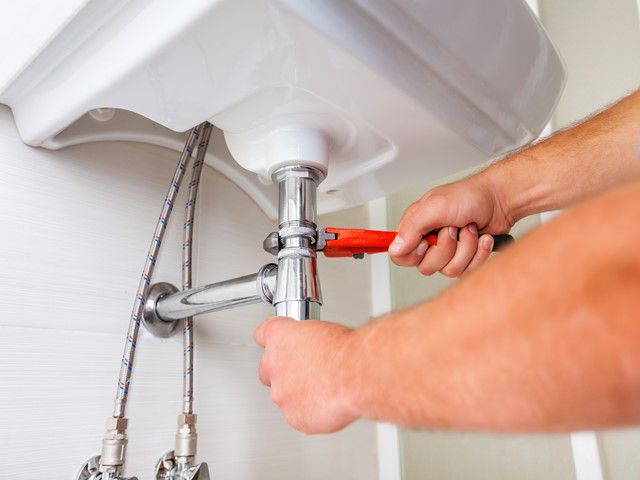Are you tired of calling a plumber every time there’s a leaky faucet or a clogged drain? It’s time to empower yourself with some DIY plumbing skills. Plumbing issues can crop up at any time, and being able to handle minor problems on your own can save you time and money. In this comprehensive guide, we will provide you with valuable tips and insights on DIY plumbing for beginners.
The Basics of DIY Plumbing
1. Safety First
Before you start any plumbing project, prioritize safety. Ensure that you have the necessary safety gear, including gloves and safety glasses. Familiarize yourself with the location of the main water shut-off valve in case of emergencies.
2. Gather the Right Tools
To successfully tackle plumbing tasks, you’ll need a basic set of tools. These include adjustable wrenches, pliers, pipe wrenches, pipe cutters, and Teflon tape. Having the right tools at your disposal will make your DIY plumbing endeavors much smoother.
3. Know Your Plumbing System
Understanding the layout of your home’s plumbing system is crucial. Locate the pipes and fixtures, and learn how they are connected. This knowledge will help you diagnose problems accurately and make repairs more efficiently.
Common DIY Plumbing Projects
4. Fixing a Leaky Faucet
A dripping faucet is not only annoying but can also waste a significant amount of water over time. To fix it, turn off the water supply to the faucet, disassemble it carefully, and replace any worn-out components, such as washers or O-rings.
5. Unclogging Drains
Blocked drains are a common issue. You can use a plunger or a drain snake to clear minor clogs. For tougher blockages, consider using a chemical drain cleaner or removing the trap to manually clear the debris.
6. Toilet Repairs
Toilets can have various problems, such as running continuously or not flushing properly. Learn how to replace a flapper, adjust the float, or use a toilet auger to clear obstructions in the pipes.
7. Installing Fixtures
If you’re looking to upgrade your bathroom or kitchen, knowing how to install fixtures like faucets, sinks, or showerheads can be a valuable skill. Follow manufacturer instructions carefully to ensure a leak-free installation.

When to Call a Professional
While DIY plumbing can save you money, it’s essential to recognize your limitations. Some situations, such as major pipe leaks, extensive pipe replacements, or sewer line issues, are best left to professional plumbers. Attempting complex projects without the necessary expertise can lead to costly mistakes.
Maintenance Matters
Preventing plumbing issues is just as important as knowing how to fix them. Regular maintenance, such as checking for leaks, insulating pipes in cold weather, and cleaning out drains, can extend the life of your plumbing system and minimize the need for repairs.
Conclusion
DIY plumbing can be a rewarding and cost-effective way to handle minor plumbing issues around your home. With the right tools, knowledge, and safety precautions, beginners can tackle common plumbing problems. Remember that not all plumbing tasks are suitable for DIY enthusiasts, and in some cases, it’s best to seek professional help. By mastering the basics and practicing good maintenance, you can become a more self-reliant homeowner and save money on plumbing repairs. Visit https://hi-techplumbingandair.com/plumbing-stuart/ if you need more information or have any questions about DIY plumbing tips for beginners.





